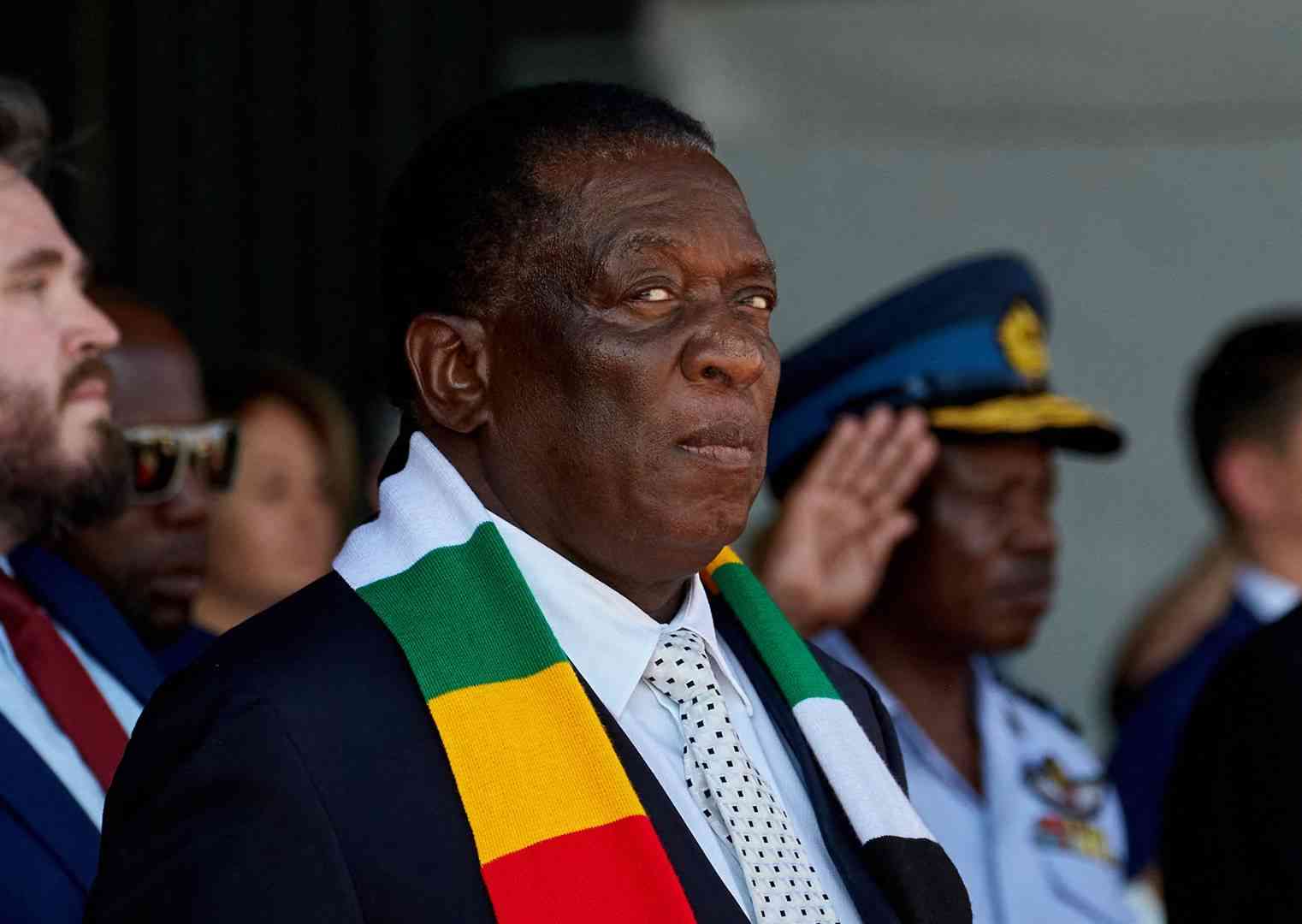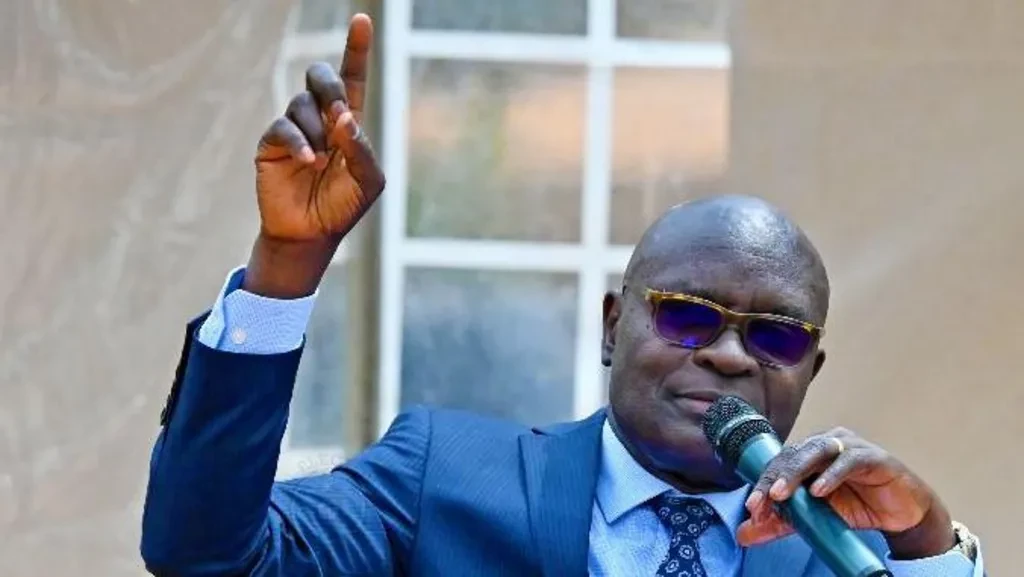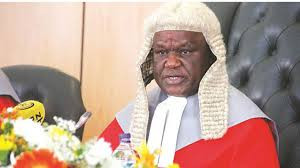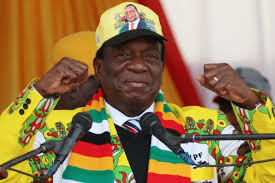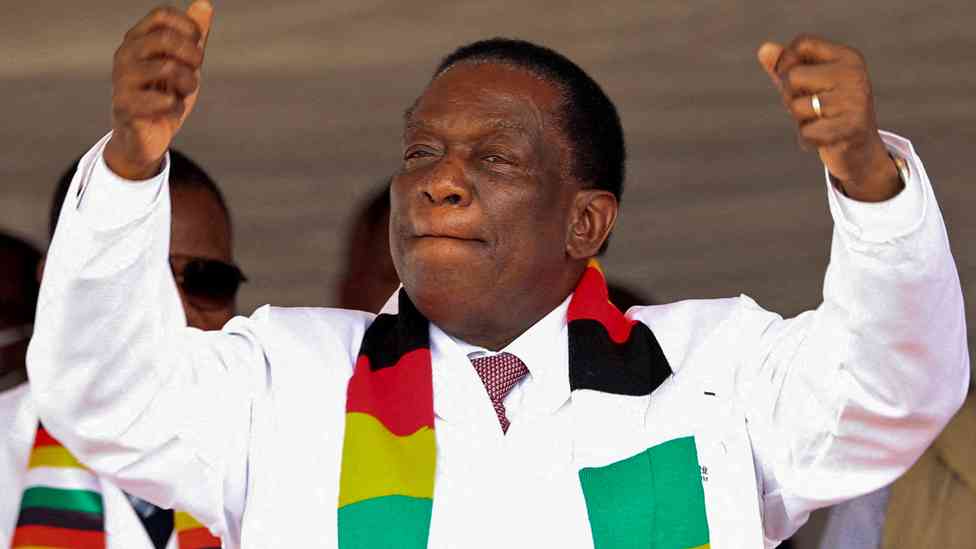
Like most Zimbabweans, I have been following with keen interest the ongoing debates on the prospects of constitutional amendments to facilitate the extension of President Emmerson Mnangagwa term in office post 2028 at the conclusion of his second and last term in office.
In what would be the most significant change to the supreme law, if at all it gets to that stage - changing the presidential term limits would be tantamount to having a new constitution just over a decade after the adoption of the current charter.
Although the debate on presidential term limits is unnecessary and unhelpful from my standpoint, the fact that the issue is gathering momentum and getting the necessary traction, it is prudent that defenders of democracy join in the fray and checkmate the narrative.
Besides, when it comes to power and the retention of the same, we may indeed live to the day that the necessary processes to extend Mnangagwa's term in office can be initiated. Legally or otherwise.
After all, the presidential term limits extension is not so much a legal issue than it is political.
The need for political investment would be greater than the legal considerations. Worse, if the route is going to involve a referendum or two.
All these costs on account of an individual, whom the supporters believe that no other human being - even in their own political party - can follow in his footsteps in leading the country.
The basis of those agitating for the extension of the presidential term limits are less academic or based on any meaningful governance principle outside the politics that president Mnangagwa has a vision 2030 which he must see through.
- Mr President, you missed the opportunity to be the veritable voice of conscience
- ED to commission new-look border post
- Zanu PF ready for congress
- EU slams Zim over delayed reforms
Keep Reading
The government has a policy blueprint of becoming an upper middle income economy by 2030.
Mnangagwa by design or by way of political messaging by his supporters popularized the mantra that he would still be in office in 2030.
The president has from the time that he assumed office, following a military intervention in 2017, placed it on record that he doesn't want to stay a day longer than what the constitution permits.
It is widely reported that the initial agreement between him and his political allies before assuming power had been that he takes over for one term as a way of "coup proofing" the political transition from Robert Mugabe at the time.
It is now a common cause that at the very first victory rally post the controversially won 2018 elections, Mnangagwa had set in motion the agenda for him to run for a second term in 2023.
The script is currently replaying itself, wherein the ruling party at its annual conference adopted a resolution to extend his term in office beyond 2028 with barely a quarter of the year of his second term having passed.
Only that this time round he's facing legal hurdles that could plunge this country into a constitutional crisis if not handled diligently.
Whilst it can be done, with the support of the masses, basic tenets of democracy and constitutionalism are not merely predicted on what the masses support.
Yes the law, especially on how nation-states are governed have to be derived from the people, the supremacy of the constitution is sacrosanct to the extent that reconstructing norms established by the supreme law will render it useless.
Without dwelling much on the founding principles and theories of constitutional democracies, it is necessary for the debates on presidential term limits to be discussed in the context of how substantial the changes would mean for our democracy.
Worse in that this democracy was not brought about on a silver platter. It took a protracted war of liberation and later years of post-independence dialogues and battles for the people to eventually vote for the current constitution.
To undo all these struggles and ultimate sacrifices, simply because the tide of political support is within an individual or even political party would be the height of selling out and betrayal.
Presidential term limits did not just appear out of the blue, much as an expanded bill of rights. These provisions are the lifeblood of our constitutional democracy and changing these is substantial to the future of our democracy.
Arguably, the expanded bill of rights, the non-reversal of the land reform and presidential term limits provisions are what makes this constitution new.
It is a part of the new identity and democratic fabric of our nation-state that makes us Zimbabweans.
The equality of us all and recognition that there is no greater human being than the other.
That all of us can aspire to hold political office and in the spirit of recognizing our mortality, there are mechanisms in place to safeguard against vesting power in an individual for long periods of time.
No matter how popular those individuals are.
The recognition that assuming political office is just but one channel of serving the country and every Zimbabwean in whatever role and capacity is contributing to the development of the country.
Zimbabweans supported constitutional democracy tenets that power is best vested in strong systems as opposed to strong individuals and that at any given point that power should and can be transferred peacefully.
Political office and political power, unlike bureaucrats or technical employees of governments don't necessarily require or defined by qualifications outside of being a citizen in good standing and voted for by the people.
And because every citizen has equal rights to assume political office, including the highest office - term limits ensure that this finite office is periodically rotated and there's scope for renewal and transfer of power.
The argument that term limits can restrict the implementation of visions and governments plans of action are not sustainable as in any constitutional democracies visions, laws and strategies are not made in the name of individuals but a function of all three arms of government.
If such laws, policies and practices find expression with the people - the ultimate bearers of political power- then whoever takes after will continue under the same trajectory.
The hallmark of visionary leadership is having your ideas and policies outliving your time and be sustained for generations.
Term limits take into cognisance how humans are fluid and can change - both for holders of political office and the majority.
You can be loved and hated in equal measure when political circumstances change.
Much as you can be a good and progressive leader today and yet a terrible and dictatorial one tomorrow.
Term limits deal with the advantages of incumbency during electoral periods by setting a maximum period that one can serve and/or enjoy the benefits that come with holding political office.
Transfer of power has to be predictive and anticipated and in the case of Zimbabwe - at the worst, after every ten years there should be a change of guard at the apex political administration.
And this is ideal for democracy and development.
Mutilating the constitution to benefit an individual, an incumbent for that matter, sets a dangerous precedence whose end game Zimbabweans will have no control over.
The parameters set by the constitution are necessary safeguards against abuse of political power and more importantly in the best way possible entrench equality and fairness in how we are governed.
Removing or extending presidential term limits sets the country on regressive paths towards political powers being vested in individuals opposed to systems and institutions.
Zimbabweans, across the political divide have the power to stop this and to redirect political discourse to other pressing challenges confronting the country.
Nigel Nyamutumbu is a Harare based media development practitioner and advocate of free expression. He can be contacted on njnya2@gmail.com or +263 772 501 55

